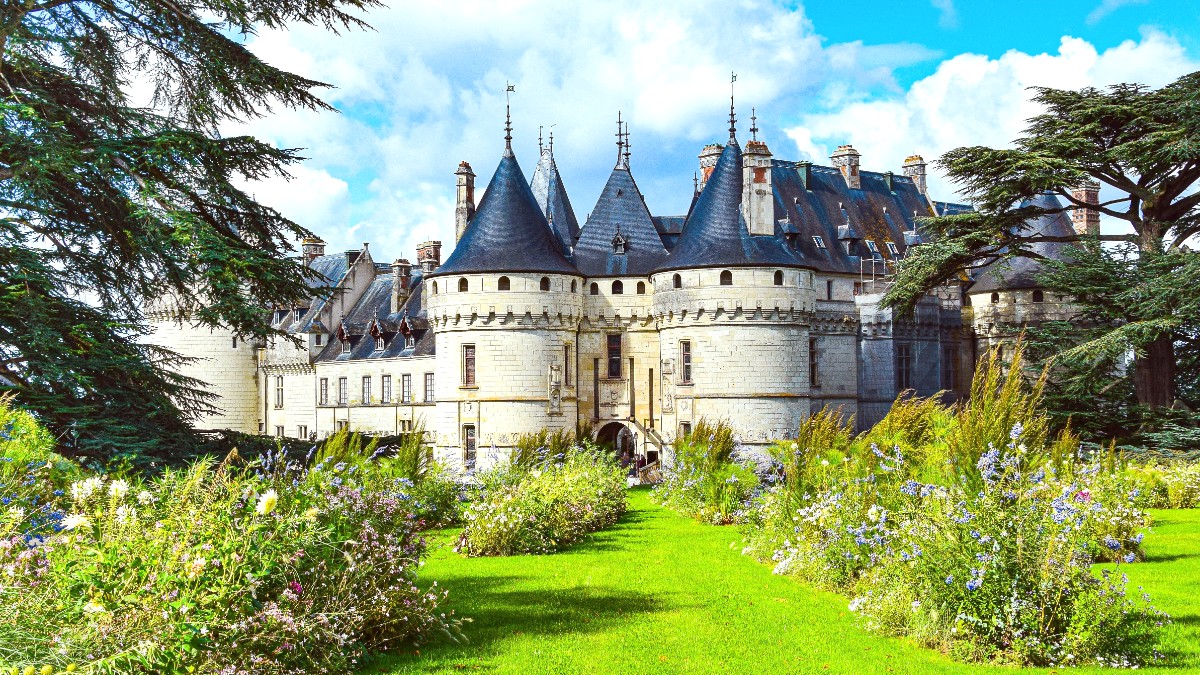
The Loire, France
Stay connected during your visit to Angers.
Navigate language barriers with helpful resources.
phrases for polite and basic interactions.
Phrases helpful for seeking help or clarifying.
Even with limited French, always start conversations with "Bonjour" or "Bonsoir" when entering a shop or restaurant. This small gesture goes a long way.
Understand the typical operating hours for businesses and services in Angers.
Most shops typically operate Monday to Saturday, from around 10:00 AM to 7:00 PM or 7:30 PM. Many smaller shops close for a long lunch break, typically from 12:30 PM to 2:00 PM.
Lunch service generally runs from 12:00 PM to 2:00 PM. Dinner service usually begins later, from 7:00 PM (earliest) to 10:00 PM or later. Many restaurants close between lunch and dinner service.
Most museums and attractions generally open around 10:00 AM and close around 6:00 PM. Many are closed on Mondays and some public holidays. Check individual websites for exact opening hours.
Access to your funds and financial services.
Public and religious holidays can change business operations.
Always check individual websites for exact opening hours, especially for museums and attractions, and during public holidays or outside peak season.
Observe local customs for a respectful and engaging experience.
Initial interactions hold high regard in France.
Dress and dining practices reflect local culture.
Capture moments respectfully and steer clear of sensitive topics.
France maintains a progressive stance on social issues.
Being polite and attempting even a few French words makes a big difference in how locals engage with you.
Angers has dedicated itself to enhancing accessibility for all travelers.
City infrastructure supports travelers with mobility challenges.
sites and transport options for diverse needs.
Support for visual and hearing impairments.
Find detailed accessibility information.
Many areas of Angers' historic center feature cobblestones, which can pose challenges for some mobility devices or walking in certain shoes.